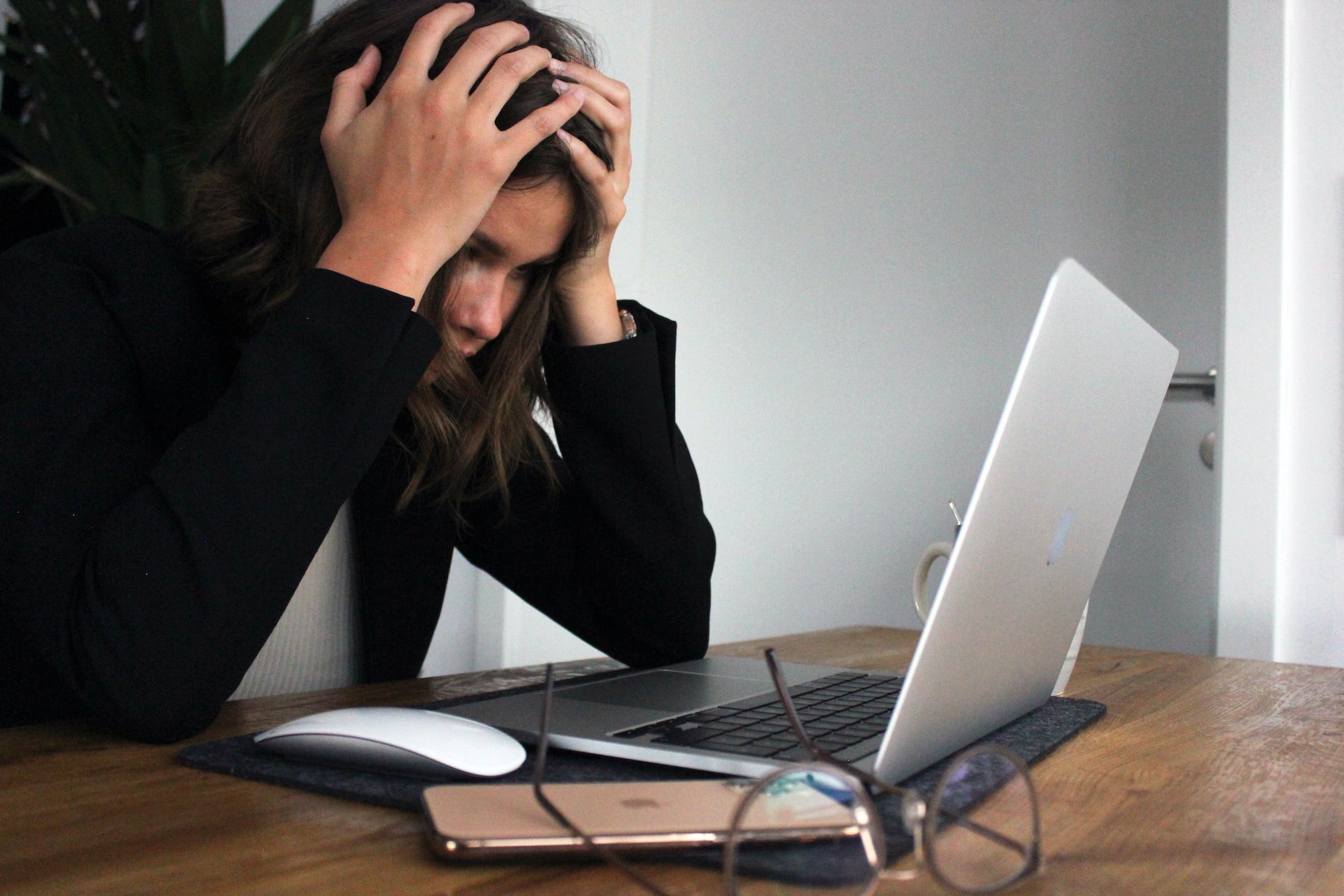Monday Motivation: Overcoming burnout
Burnout is a state of emotional, mental, and physical exhaustion caused by prolonged stress. It is often characterized by feelings of cynicism, detachment, and reduced professional efficacy. Burnout can happen to anyone, regardless of their job or lifestyle. It can be triggered by work-related stress, personal issues, or a combination of both.
Is burnout a mental breakdown?
Technically… No. Burnout is not the same as a mental breakdown. While burnout can lead to feelings of overwhelm and exhaustion, it is a response to prolonged stress and is not classified as a mental health disorder. However, if left untreated, burnout can lead to more severe mental health issues such as depression and anxiety.
What are the symptoms of burnout?
The symptoms of burnout can vary from person to person, but common symptoms include:
Feeling exhausted, both physically and emotionally
Increased irritability and moodiness
Decreased motivation and productivity
Feeling disconnected from others
Insomnia or difficulty sleeping
Loss of appetite or overeating
Physical symptoms such as headaches and stomachaches
Increased use of drugs or alcohol
How long does burnout usually last?
The duration of burnout can vary depending on the severity of the symptoms and the individual's response to treatment. In some cases, burnout can be resolved with a few days of rest and relaxation. In other cases, it may take weeks or even months to fully recover. The key is to seek treatment early on and to take steps to prevent burnout from becoming a chronic issue.
How do you fix burnout?
There are several strategies that can help alleviate burnout symptoms and prevent burnout from recurring:
Take a break: If possible, take time off work to rest and recharge. Use this time to engage in activities that bring you joy and help you relax.
Practice self-care: Incorporate healthy habits into your daily routine, such as getting enough sleep, eating well, and exercising regularly.
Seek support: Talk to a therapist or a trusted friend or family member about your feelings. They can provide emotional support and help you develop coping strategies.
Set boundaries: Identify your limits and communicate them to others. Learn to say no to activities that drain your energy and focus on activities that nourish you.
Change your perspective: Try to reframe your mindset and focus on the positive aspects of your situation. Look for opportunities to learn and grow from your challenges.
In conclusion, burnout is a common experience that can happen to anyone. It's important to recognize the symptoms early on and take steps to address them. By practicing self-care, seeking support, setting boundaries, and changing your perspective, you can recover from burnout and prevent it from becoming a chronic issue. Remember to prioritize your well-being and take care of yourself, both mentally and physically.


